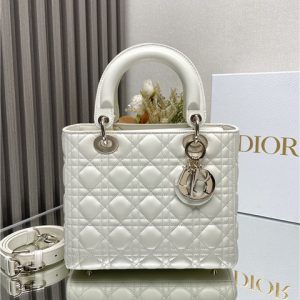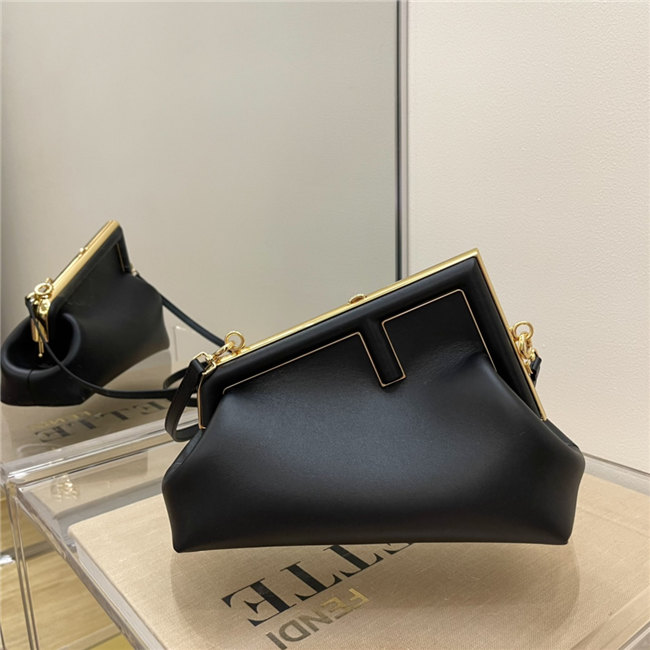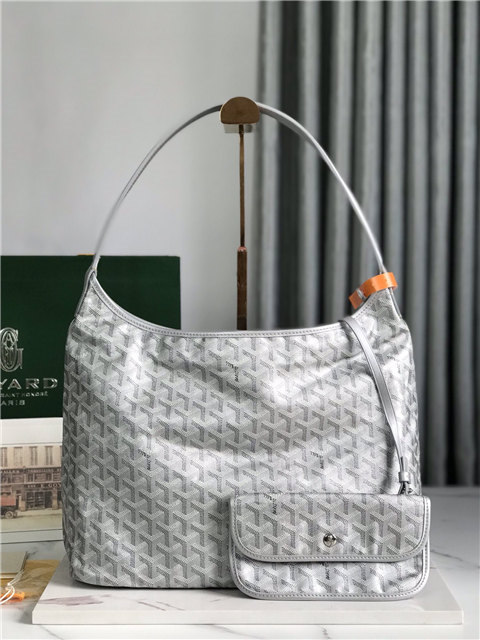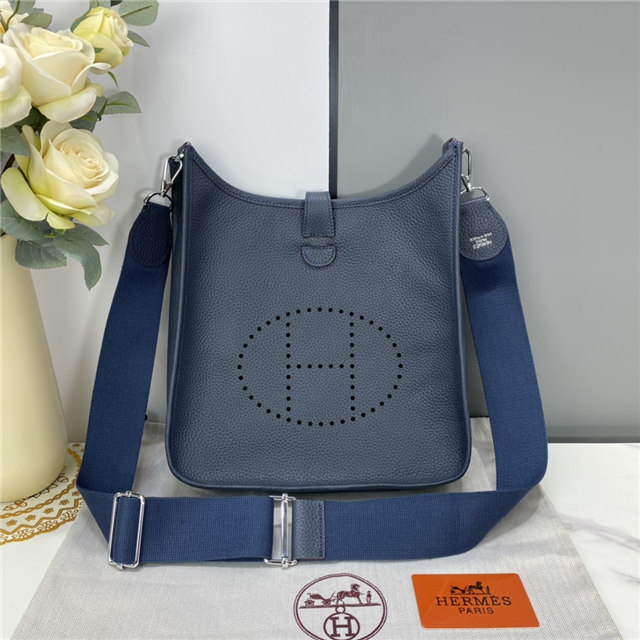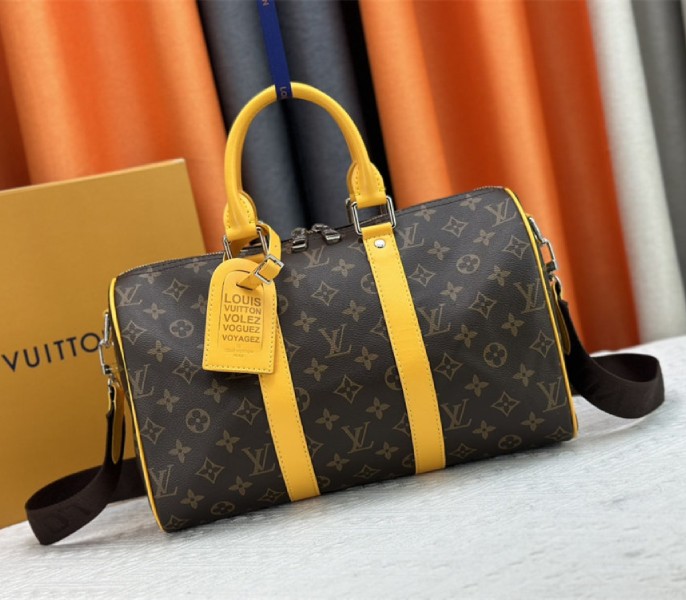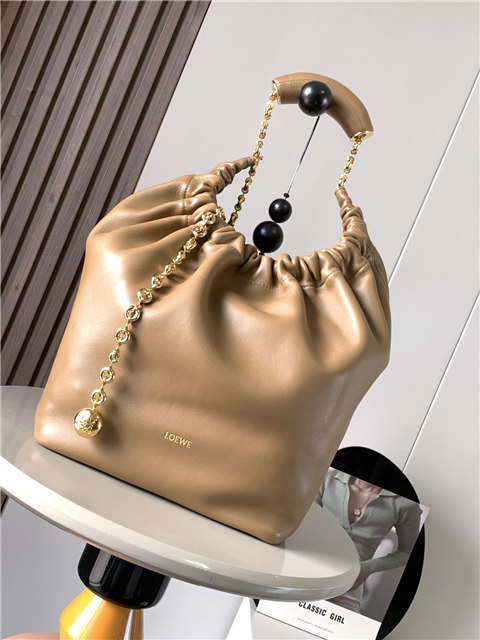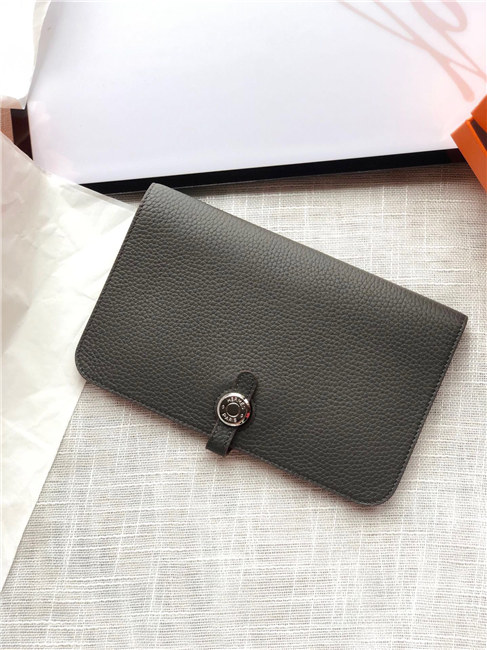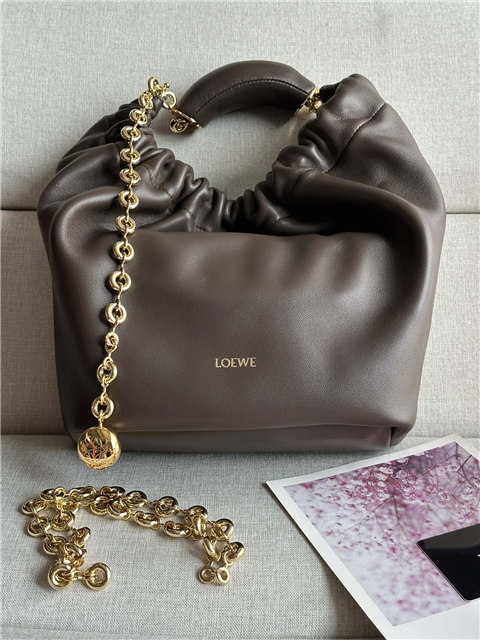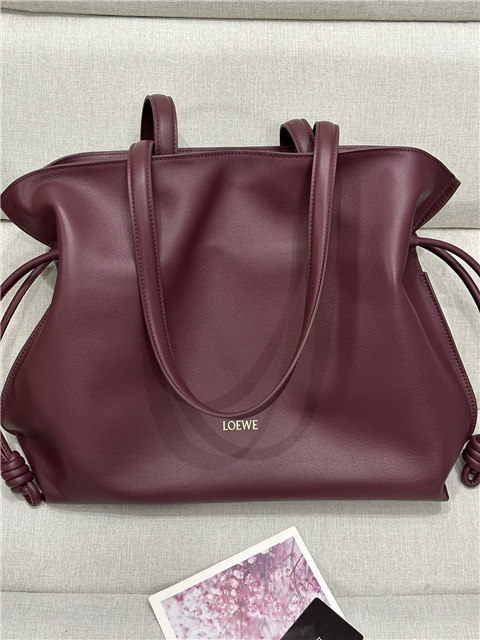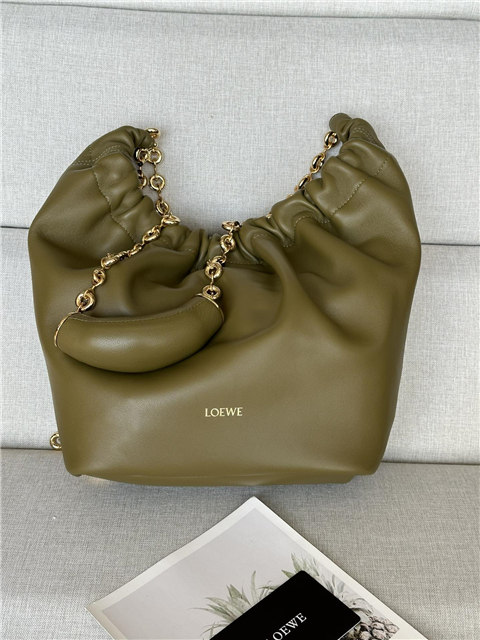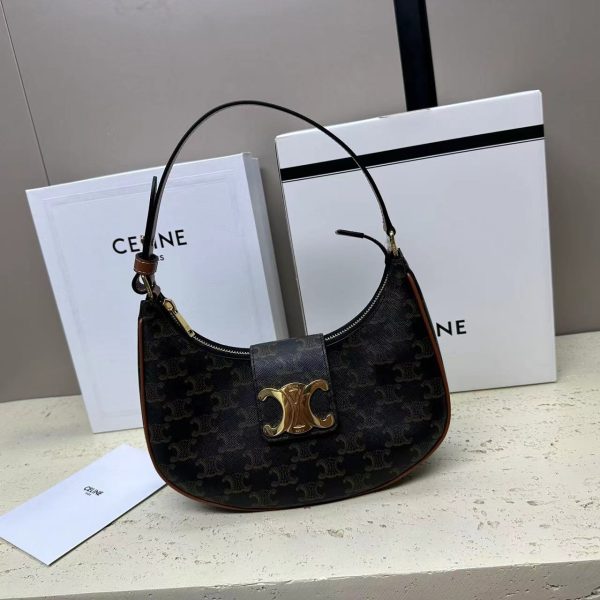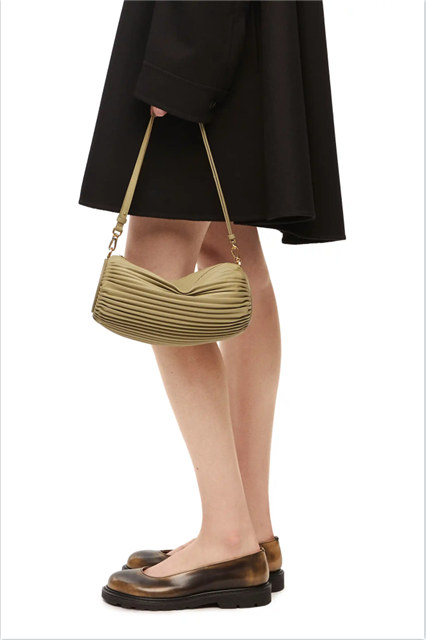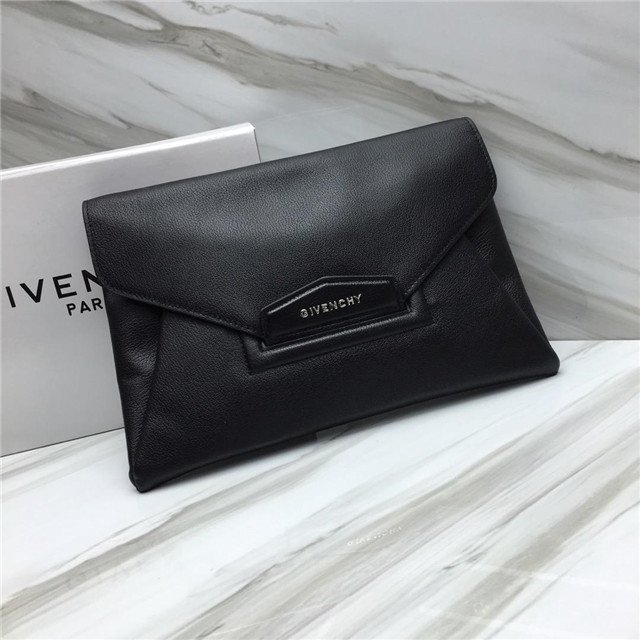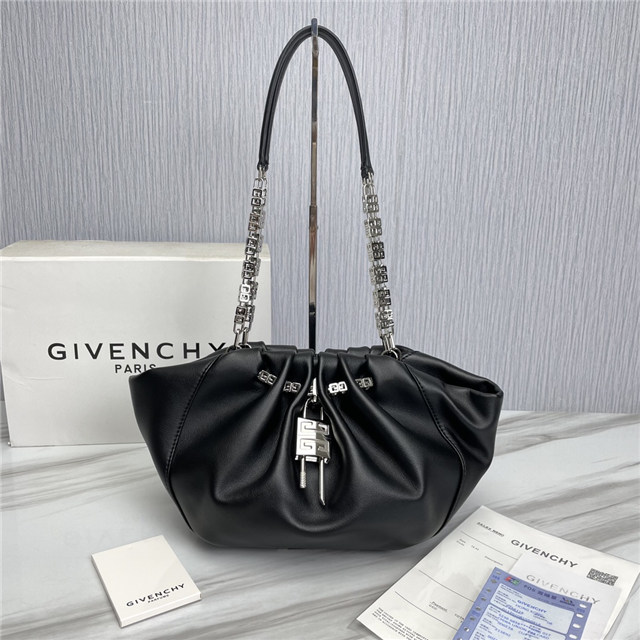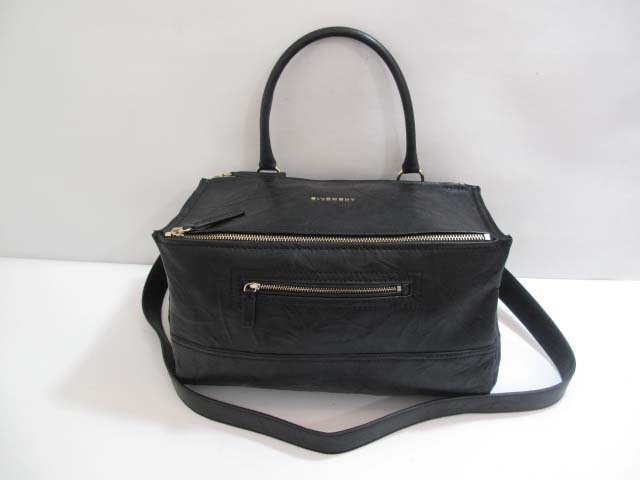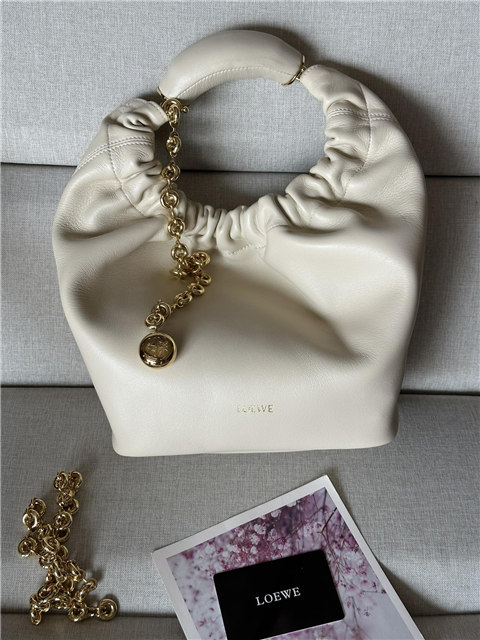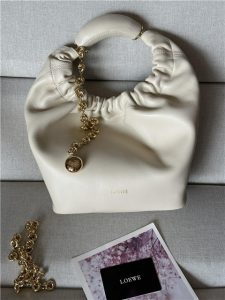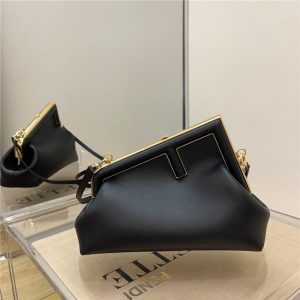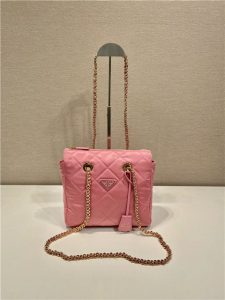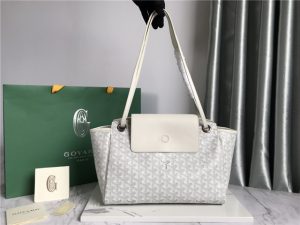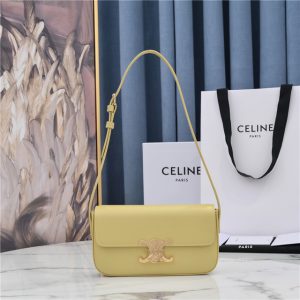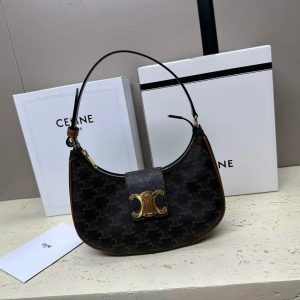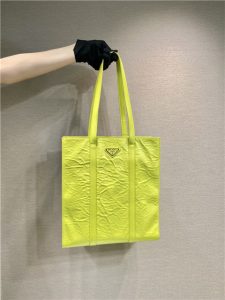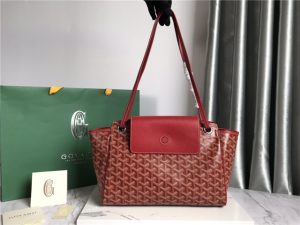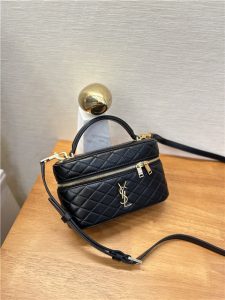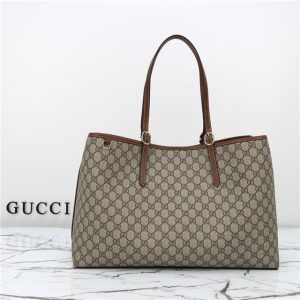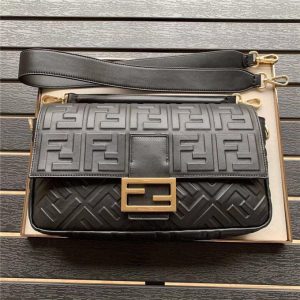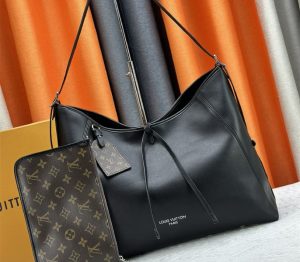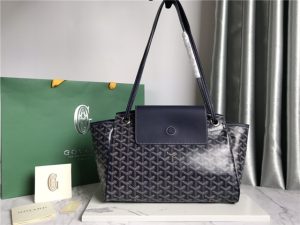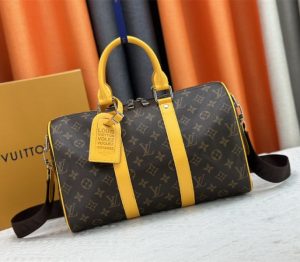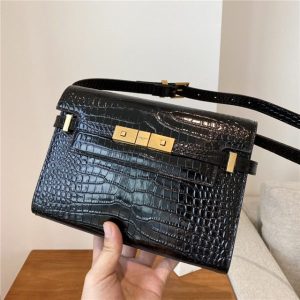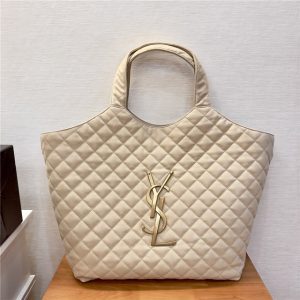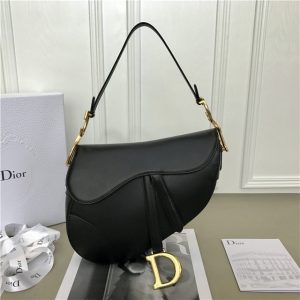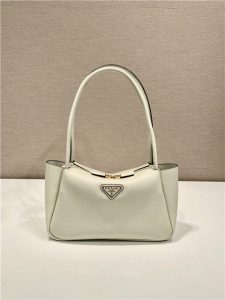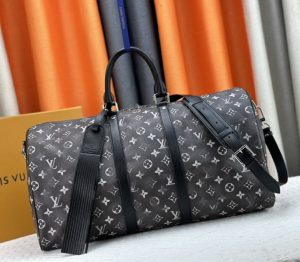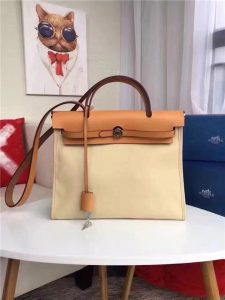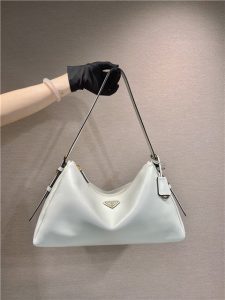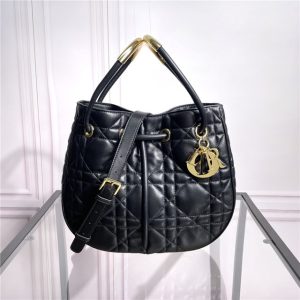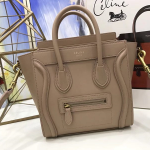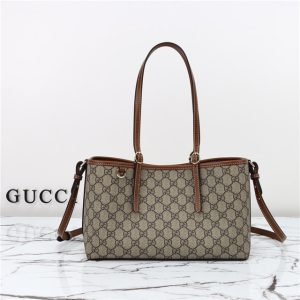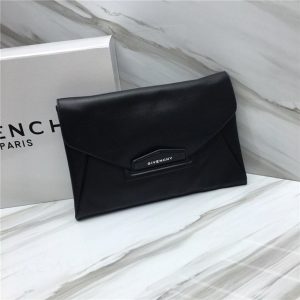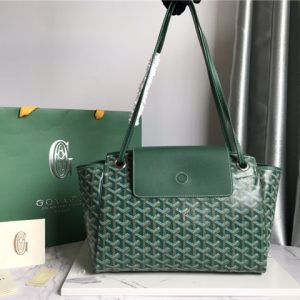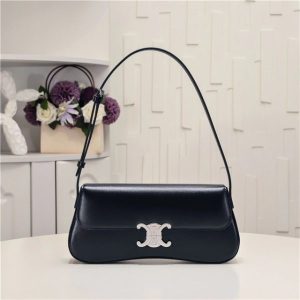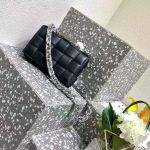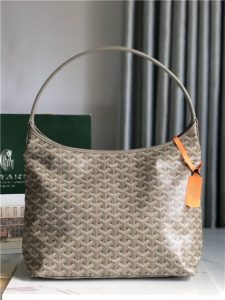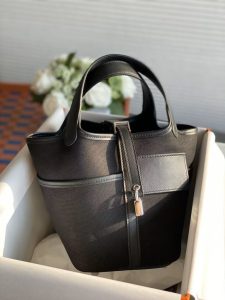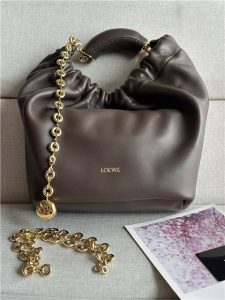First off, don’t listen to the snobs who say Raymond Weil isn’t respectable. I mean, c’mon! I heard some people say they’re stuck in some outdated business model, which is just… like, what? Someone even knew the guy! Raymond Weil! A passionate man! So, yeah, they might not be a Patek Philippe, but they’re not trying to be. They offer some nice looking watches, and some people really like them.
But that’s exactly *why* the fakes are out there. People *want* ’em. And honestly, spotting a fake can be a real pain in the butt. The obvious thing is to check the serial number on the back. Raymond Weil themselves (or at least their website) say to register it with them to be 100% sure. That’s probably a good idea, tbh.
I saw this AI authentication thing too. I’m not sure I trust *that* completely, though. AI is cool and all, but can it *really* tell the difference between a flawlessly-done fake and the real deal? I’m skeptical.
And here’s the thing: some fakes are just plain BAD. Like, obviously fake. But others? They use decent movements – ETA movements, even! Which is what Raymond Weil uses, so you can see where it gets tricky. These movements are like, common, so finding them in fakes is a real bummer.
I saw a comment on a forum that said “looks right to me.” That’s the kinda thing that scares me! Just looking at it ain’t enough. You gotta dig deep, man.
My personal take? If the price seems too good to be true, it probably IS. Save your money, do your research, and maybe even take it to a reputable watchmaker for authentication *before* you buy it. Trust me, the peace of mind is worth it. Buying a fake is just… depressing. It’s like buying a knock-off designer bag – you just *know* it’s not the real thing, and it kinda ruins the whole experience.

